
Finding a world-class ophthalmologist is crucial when dealing with something as precious as your vision. An ophthalmologist is a medical and surgical specialist concerned with the full spectrum of eye care, from prescribing glasses and contact lenses to performing complex surgeries for conditions like cataracts, glaucoma, and retinal diseases. While many top specialists are known for procedures like LASIK, their expertise often spans the entire field of ophthalmology. This guide will introduce you to globally recognized eye doctors, explain what defines excellence in ophthalmology, and explore the advanced treatments they offer.
Key Takeaways
-
A top ophthalmologist is a board-certified medical doctor with extensive surgical experience across various sub-specialties (e.g., cornea, retina, glaucoma, cataracts) and access to state-of-the-art diagnostic and surgical technology.
-
Medical tourism for ophthalmology is growing, with patients saving 50-70% on procedures like cataract and LASIK surgery in destinations like Turkey, Mexico, and India compared to the US or UK.
-
Procedure costs vary significantly by country. For example:
-
LASIK Surgery (both eyes): $1,200 (Turkey) vs. $5,000 (USA)
-
Cataract Surgery (per eye, premium lens): $2,000 (Mexico) vs. $5,500 (USA)
-
What is an Ophthalmologist?
An ophthalmologist is a medical doctor (MD) who specializes in the diagnosis, treatment, and surgical management of eye diseases and disorders.
Unlike optometrists or opticians, ophthalmologists are fully licensed physicians who have completed medical school followed by several years of specialized residency training. Their scope of practice is vast and includes everything from routine eye exams to the most delicate microsurgeries.
Ophthalmologists are divided into several sub-specialties, including:
- Cornea Specialists: Focus on diseases of the cornea, the eye's outer layer. They perform corneal transplants and refractive surgeries like LASIK.
- Retina Specialists: Treat conditions affecting the back of the eye, such as diabetic retinopathy and macular degeneration.
- Glaucoma Specialists: Manage elevated eye pressure and nerve damage associated with glaucoma.
- Cataract Surgeons: Specialize in removing cloudy lenses (cataracts) and replacing them with artificial intraocular lenses (IOLs).
- Oculoplastic Surgeons: Perform reconstructive and cosmetic surgery on the eyelids, orbit (eye socket), and surrounding structures.
What Defines a World-Class Ophthalmologist?
Elite ophthalmologists are distinguished by their exceptional credentials, vast surgical experience across multiple disciplines, leadership in adopting advanced technology, and a proven track record of superior patient outcomes.
When seeking the best possible care for your eyes, several key factors indicate a surgeon is at the top of their field.
Board Certification and Sub-specialty Training
At a minimum, a top ophthalmologist must be board-certified. This ensures they have met rigorous national standards for knowledge and practice. Furthermore, many of the world's best have completed additional fellowship training in one or more sub-specialties, giving them deeper expertise in complex conditions.
Extensive and Diverse Surgical Experience
Volume and variety are critical. A leading eye surgeon has performed thousands of successful surgeries. Their experience should not be limited to a single procedure. For example, a top cataract surgeon has likely managed a wide range of cases, from routine to highly complex, and is skilled in implanting various types of premium intraocular lenses (IOLs).
Access to and Mastery of Advanced Technology
Modern ophthalmology is technology-driven. Leading clinics are equipped with sophisticated diagnostic tools like Optical Coherence Tomography (OCT) for retinal imaging and advanced surgical platforms like the femtosecond laser, which is used for both bladeless LASIK and high-precision cataract surgery. A top doctor is not just an operator but a master of these technologies.
Patient-Centered Care and Reputation
The best doctors are known for their patient-centric approach. They take the time to conduct thorough evaluations, explain treatment options clearly, and provide compassionate care. Their reputation is built on consistently positive patient reviews, testimonials, and referrals from other physicians.
Expert Insight "The era of one-size-fits-all eye surgery is over. Today, we use advanced imaging to map the unique topography of a patient's eye. Whether it's a custom LASIK procedure or selecting a multifocal lens for cataract surgery, the treatment must be tailored to the individual's anatomy and lifestyle. This personalization is what defines modern, high-quality ophthalmology." — A Fellowship-Trained Cornea and Cataract Surgeon.
Cost Comparison for Popular Ophthalmic Procedures
Choosing to have eye surgery abroad can lead to savings of 50-70%, allowing patients to access premium technologies and lenses that might be unaffordable in their home country.
The cost of ophthalmic procedures varies dramatically around the globe due to differences in economic factors. Below is a comparison for two of the most common surgeries.
Cost of LASIK Surgery (Both Eyes)
| Country | Average Cost (USD) | Notes |
|---|---|---|
| USA | $4,500 - $6,500 | Often excludes pre-op/post-op care. |
| UK | $4,000 - $6,000 | May include aftercare. |
| Turkey | $1,200 - $2,500 | Often an all-inclusive package with hotel/transfers. |
| Mexico | $1,500 - $2,800 | Excellent value for North American patients. |
Cost of Cataract Surgery (Per Eye, with Premium IOL)
| Country | Average Cost (USD) | Notes |
|---|---|---|
| USA | $4,000 - $7,000 | Premium lenses (multifocal/toric) significantly increase cost. |
| UK | $3,500 - $6,000 | Cost depends on the type of IOL chosen. |
| Turkey | $1,500 - $3,000 | Includes premium lenses at a fraction of the US/UK cost. |
| India | $1,200 - $2,500 | JCI-accredited hospitals with highly experienced surgeons. |
When Should You See an Ophthalmologist?
You should see an ophthalmologist for annual comprehensive exams if you are over 40, have a risk factor for eye disease, or experience any sudden changes in your vision.
Regular check-ups are key to preserving sight. Schedule a visit with an ophthalmologist if you experience:
-
Sudden blurry vision, distortions, or blank spots.
-
Flashes of light or a sudden increase in floaters.
-
Eye pain, redness, or discharge.
-
Double vision.
-
Difficulty seeing at night.
Additionally, you need regular exams if you have a systemic condition that affects the eyes, such as diabetes or high blood pressure, or a family history of glaucoma or macular degeneration.
Frequently Asked Questions (FAQ)
1. What is the difference between an optometrist and an ophthalmologist?
An ophthalmologist is a medical doctor (MD) who can perform surgery and treat all forms of eye disease. An optometrist (OD) is a primary eye care provider who conducts eye exams, prescribes glasses/contacts, and can treat some eye conditions with medication, but they do not perform surgery.
2. What is cataract surgery like?
Modern cataract surgery is a quick, painless outpatient procedure. The surgeon makes a tiny incision, removes the eye's cloudy natural lens, and replaces it with a clear artificial Intraocular Lens (IOL). The procedure typically takes 10-15 minutes, and vision improves within a few days.
3. What are the signs of glaucoma?
Glaucoma is often called the "silent thief of sight" because it has no symptoms in its early stages. As it progresses, it causes a gradual loss of peripheral (side) vision. This is why regular eye exams to check your eye pressure are crucial, especially if you have a family history of the disease.
4. How often should I get a comprehensive eye exam?
The American Academy of Ophthalmology recommends a baseline exam at age 40. Adults 40-54 should be seen every 2-4 years, and those 55 and older should be seen every 1-2 years, or more frequently if they have risk factors like diabetes or high blood pressure.
5. What are premium IOLs in cataract surgery?
Premium Intraocular Lenses (IOLs) are advanced artificial lenses that can correct vision problems beyond just the cataract. Multifocal IOLs can reduce or eliminate the need for reading glasses, while Toric IOLs can correct astigmatism at the time of surgery.
6. Why choose an ophthalmologist abroad for surgery?
Patients travel for ophthalmology to access world-class experts and advanced technology at a much lower cost. A patient from the US could have premium cataract surgery in both eyes in Mexico or Turkey for less than the cost of one eye at home, without sacrificing quality of care.
Take the Next Step Towards Perfect Vision
Your vision is our priority. PlacidWay connects you with a curated network of the world's leading ophthalmologists and JCI-accredited eye centers. Whether you need advanced cataract surgery, vision correction, or treatment for a complex eye condition, we are here to guide you.
Contact us today for a FREE, no-obligation quote from a top international ophthalmologist and explore your options for affordable, world-class eye care.

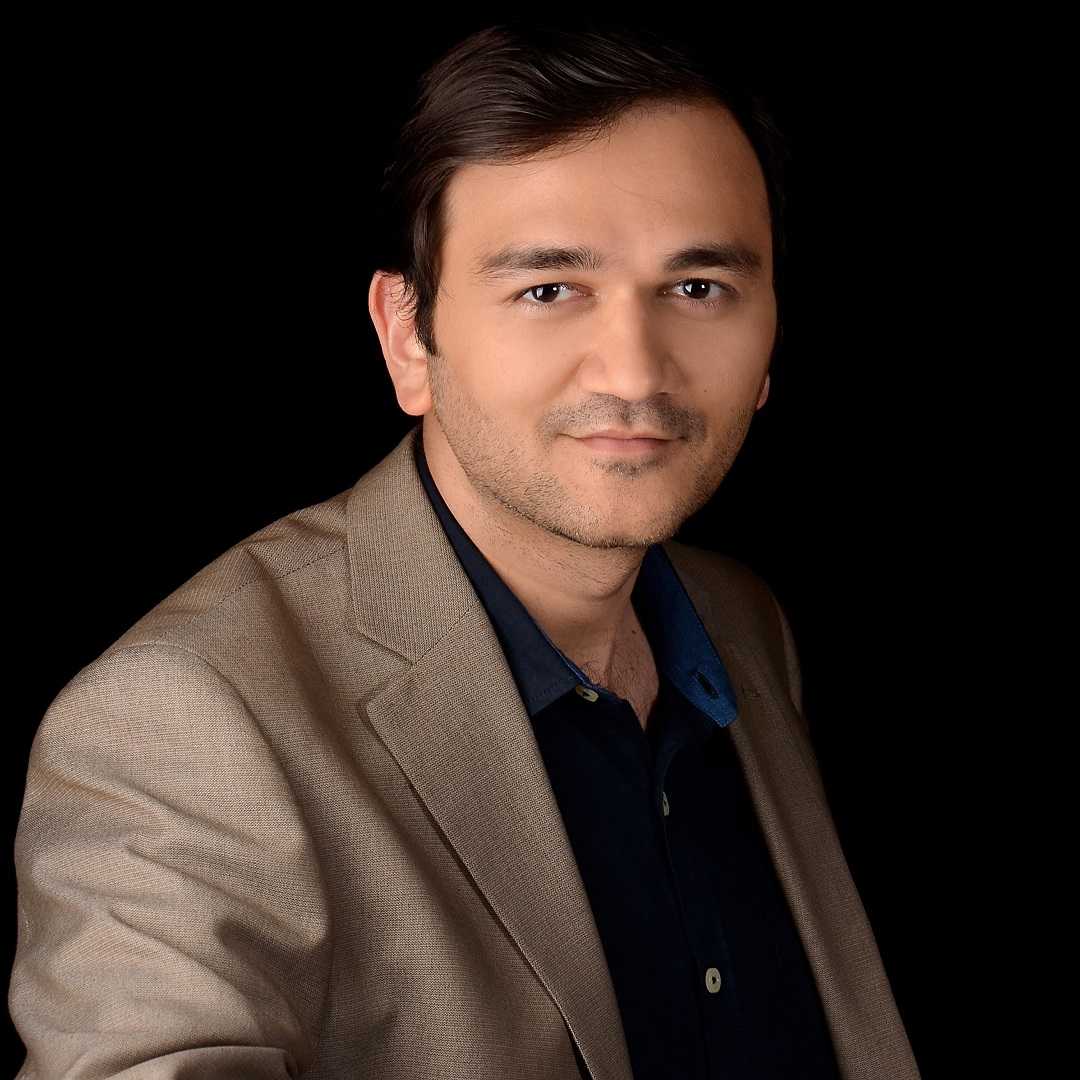

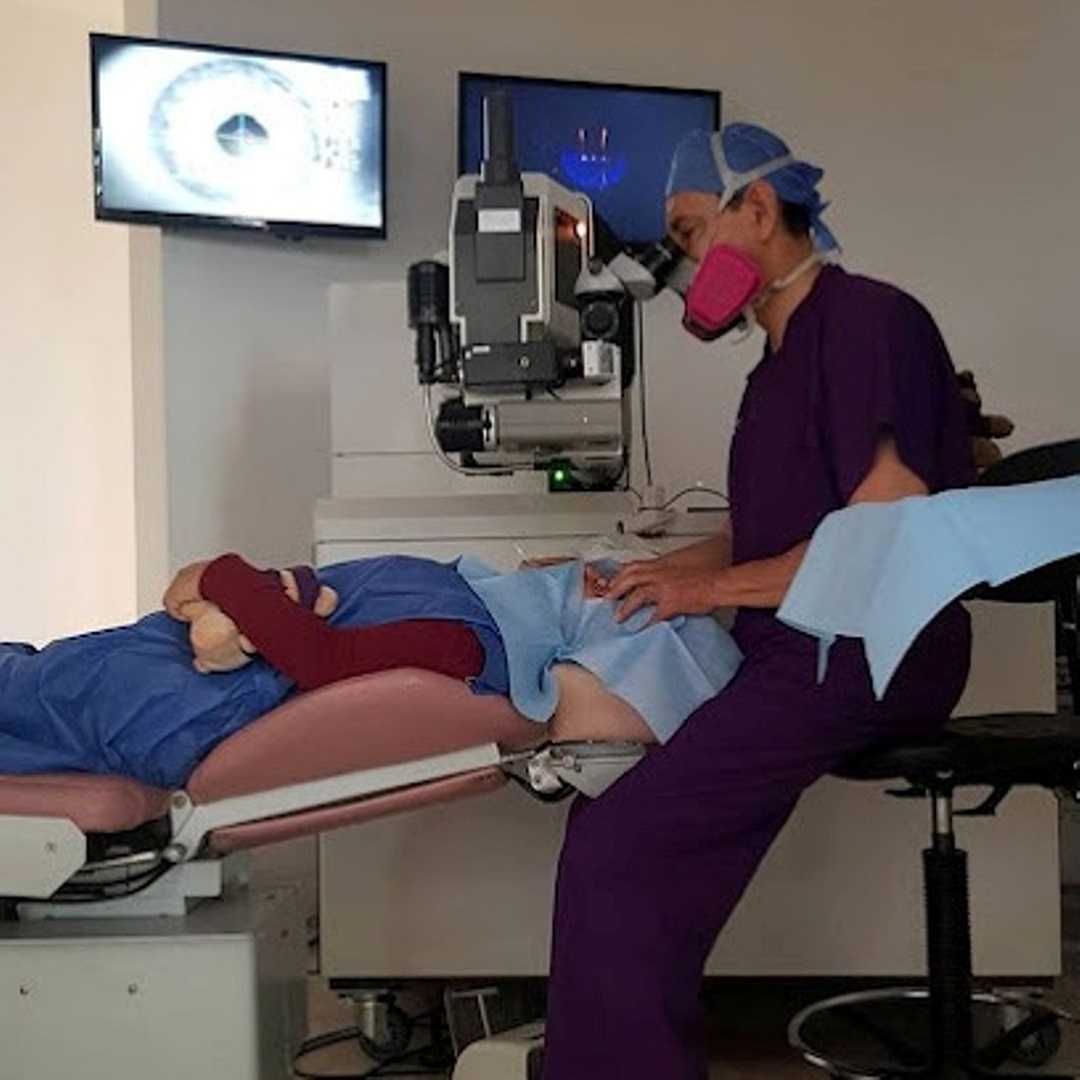
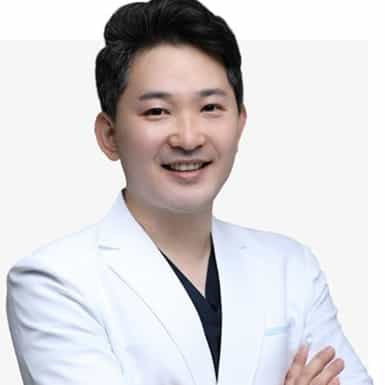
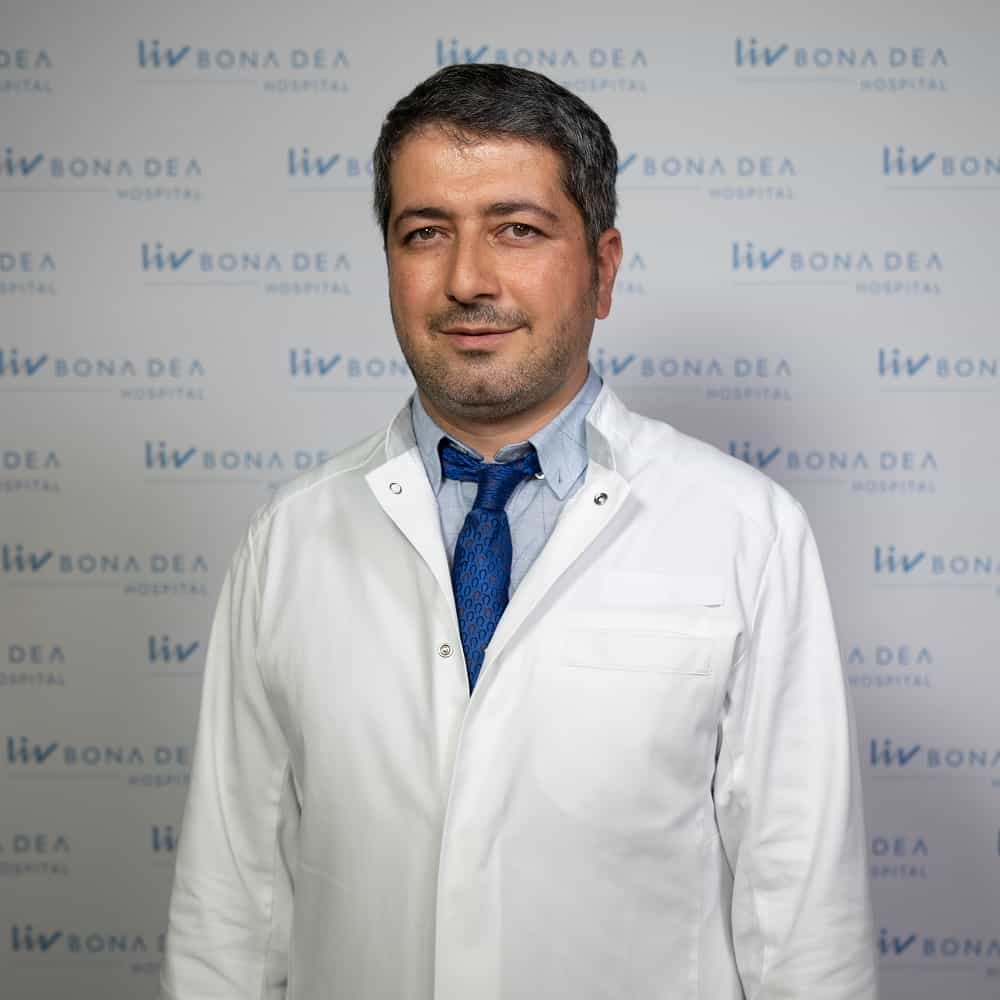





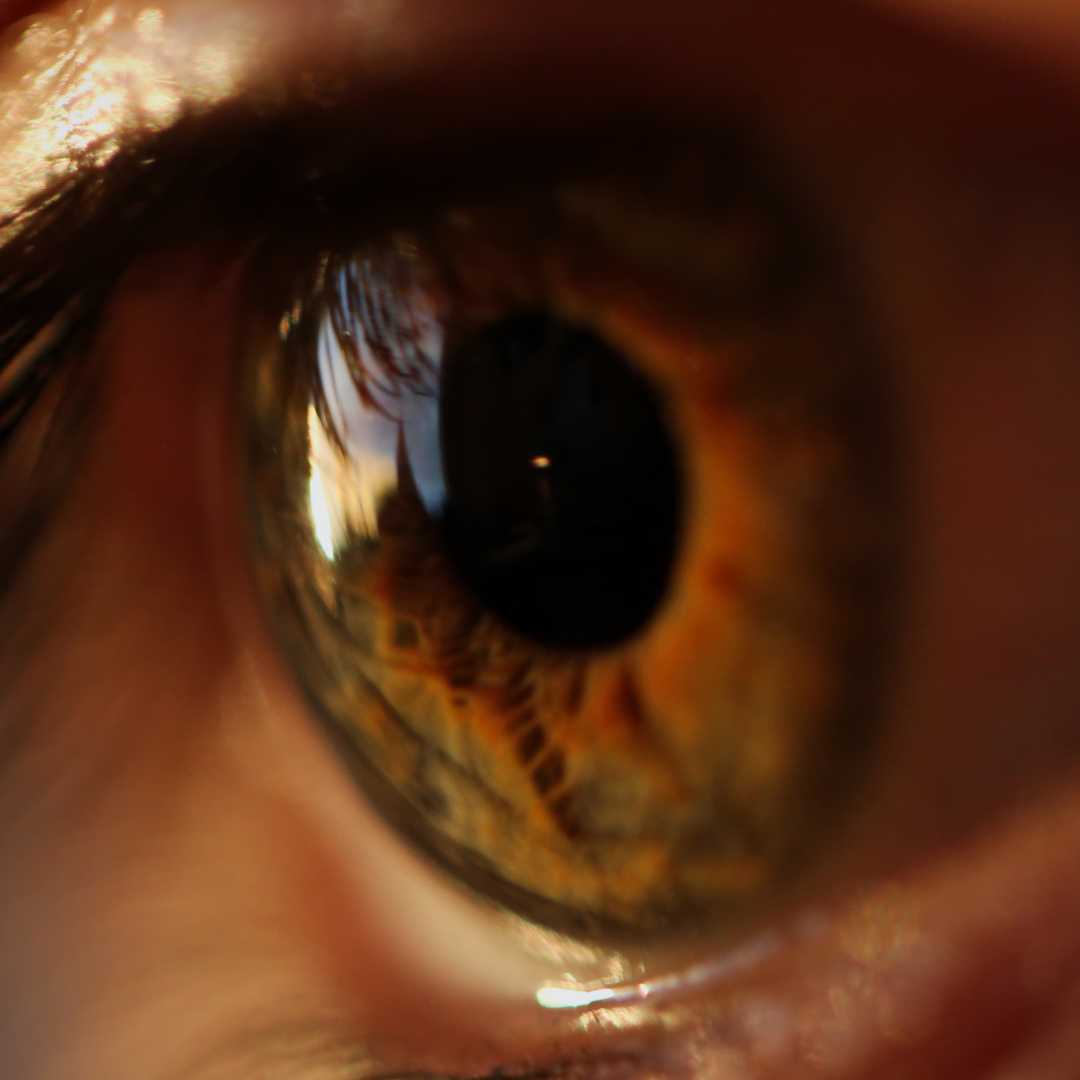
.png)

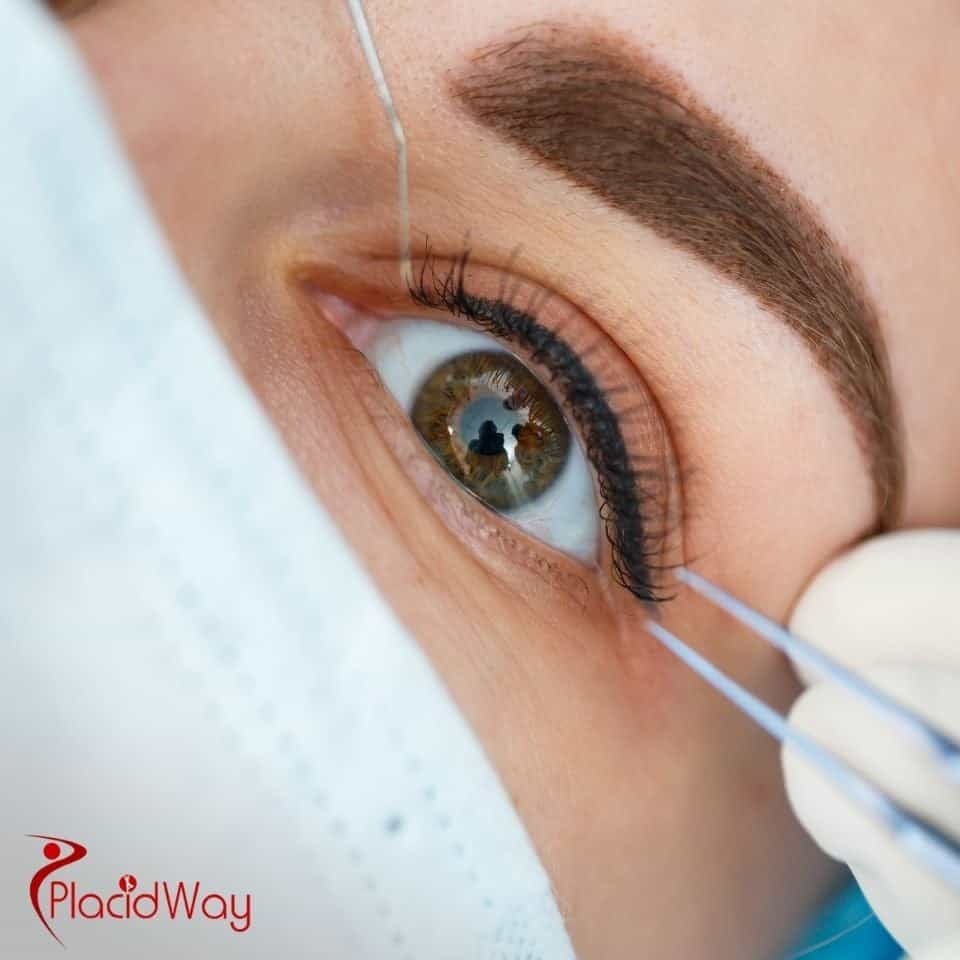

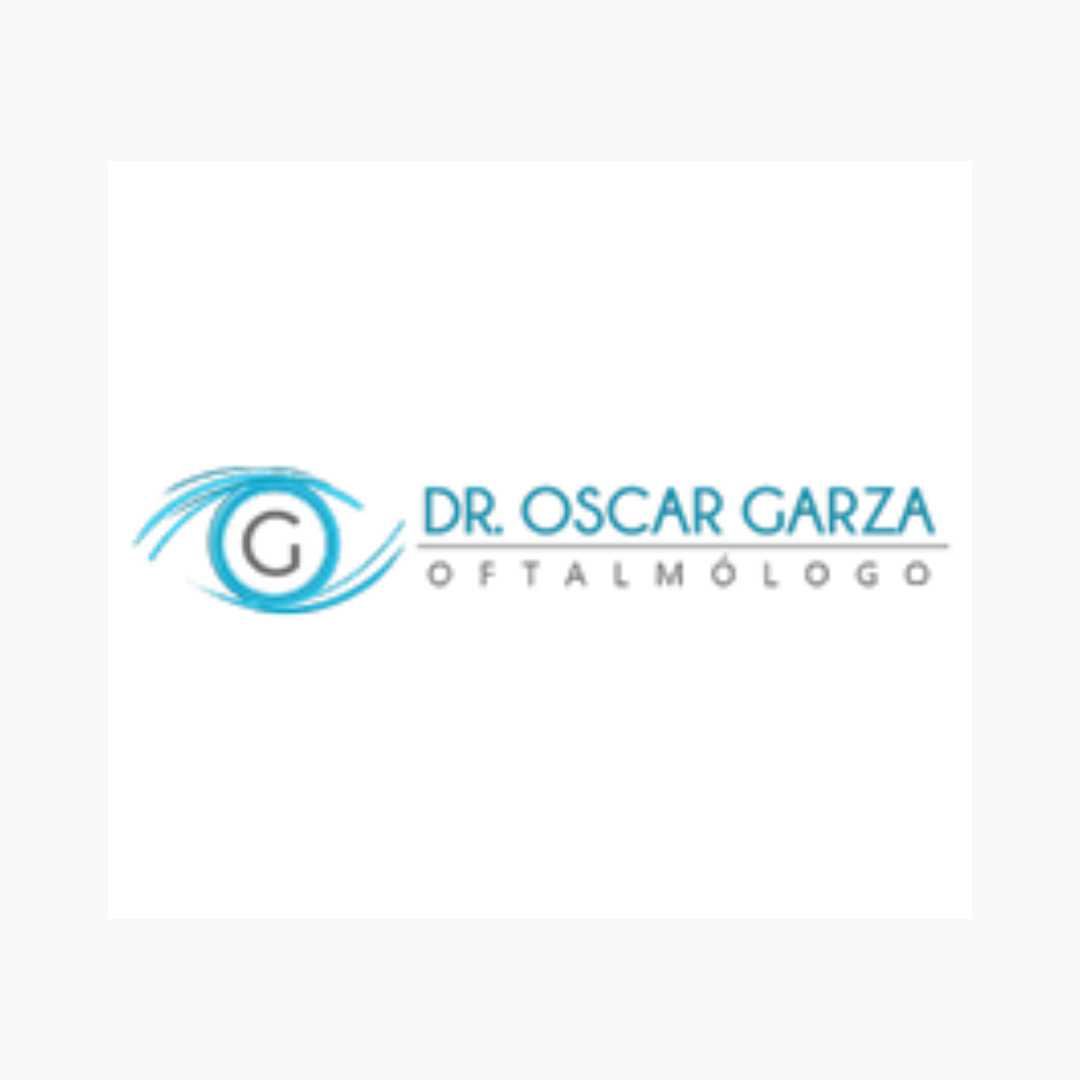
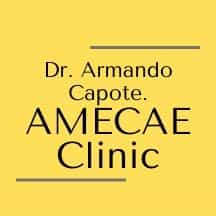

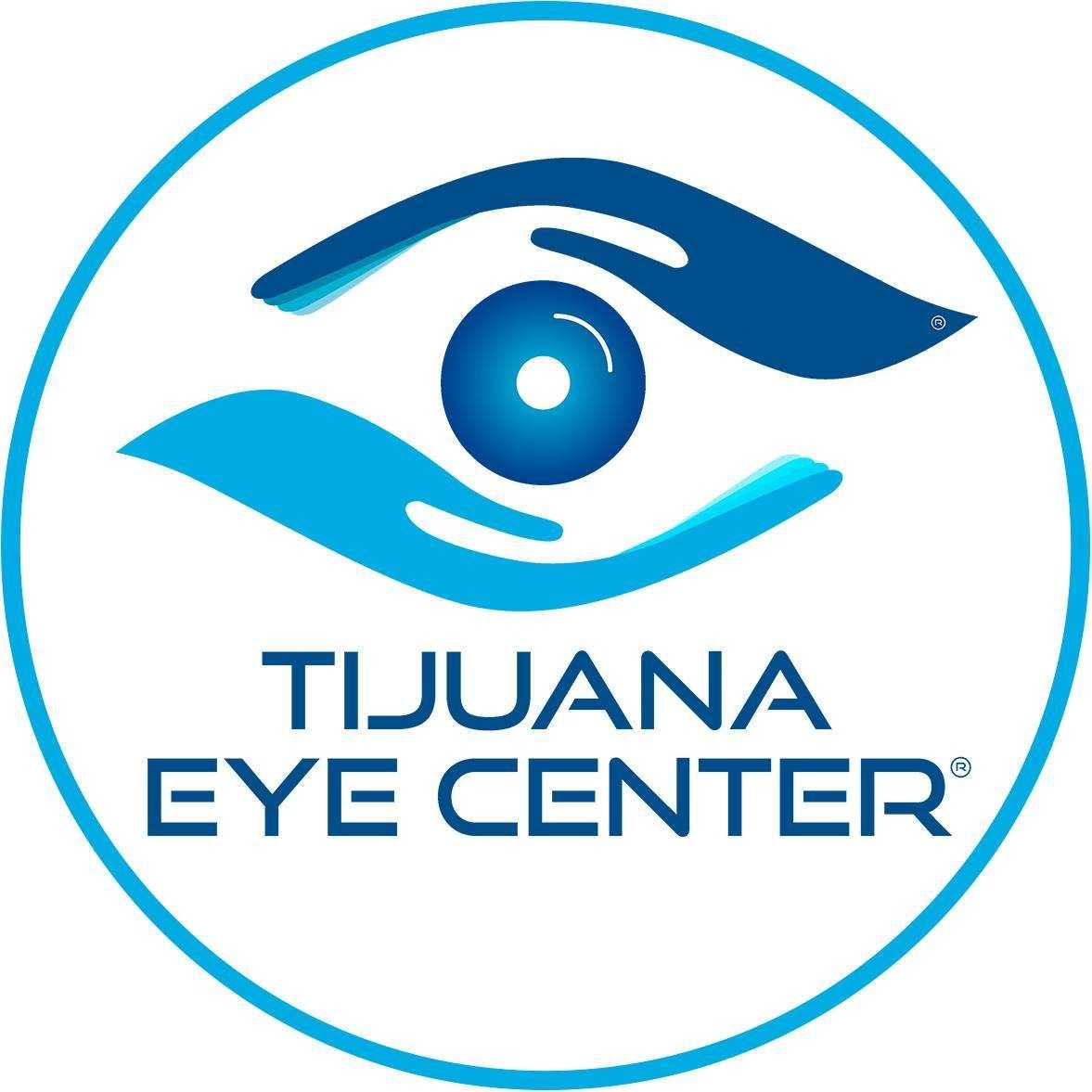


Share this listing